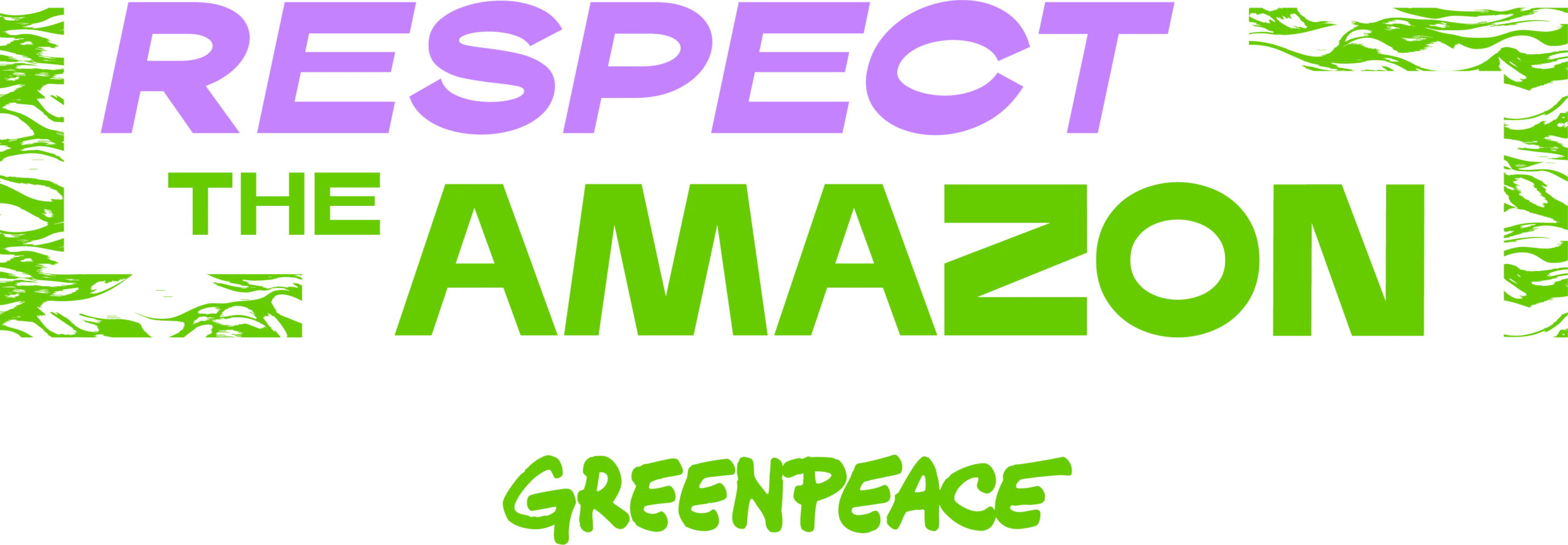Green bonds questioned
JBS launched the “JBS Sustainability-Linked Bond Framework” to reinforce its commitment to reducing its environmental impact and becoming a net-zero emissions company by 2040. The company described this as the industry’s most ambitious sustainability pledge to combat climate change. However, these bonds were later challenged through a complaint to the U.S. Securities and Exchange Commission (SEC) by the environmental organization Mighty Earth.
